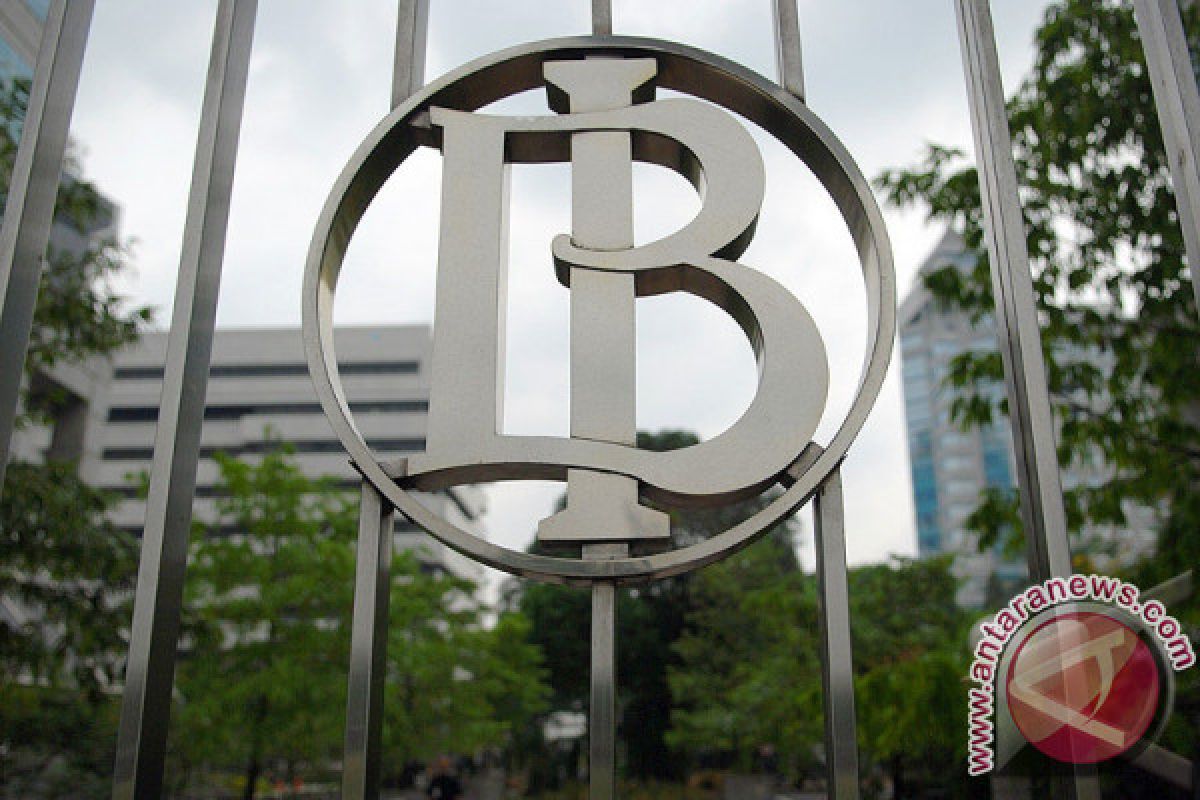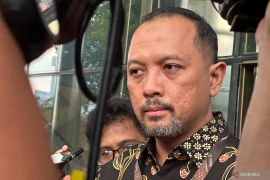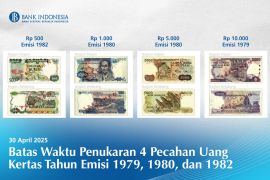Jakarta (Antara NTB) - Bank Indonesia is studying the impact of digitalization on economy and simplification of the language of economic policy for all elements of society.
"The study is necessary as 65 percent of Indonesia's population grow up in the digital age," Assistant Governor of Bank Indonesia, Dyah Nastiti, said here on Monday.
People who grow up in the digital age do not read newspaper and watch television.
"It is our challenge to simplify the language of economic policy. The various policies should be understood and implemented in all ages," Nastiti remarked.
Nowadays, people use the internet for about 3 hours 44 minutes per day. This opportunity should be fully utilized to convey various policies issued by stakeholders, including Bank Indonesia.
"We have used graphic info to convey various policies, because people are very fond of visuals and audio," Nastiti stated.
Chairman of Training Provider for Regional Journalists at Bank Indonesia, Agusman, remarked that effective and efficient communication would enable the industries, business actors, and the communities to understand the policy.
It is important to improve the knowledge of reporters on a regular basis, especially on the functions of the Central Bank in monetary policy, payment system, and system stability, he revealed.
"One of the efforts is the implementation of the training of regional journalists in 2017, under the theme of regional inflation control, to realize the welfare of society," he pointed out.
President Joko Widodo had earlier remarked that digital technology has changed the lifestyle of the Indonesian people who look for speedy services.
"The economic landscape and social interaction have changed," he stated, but he denied report of a decline in the people¿s purchasing power.
"I have found that there is only a shift from offline to online," he revealed.
The president acknowledged a decline in sales in a number of supermarkets and shopping malls as a result of the shift from offline to online shopping.
In addition, the change in lifestyle also has its impact on the media, with many people no longer needing paid news media and entertainment services, he remarked.
Therefore, the president explained the need for facilitation of regulation for people seeking innovation toward technology advancement.
"This is the problem right in front of us. I have told the House of Representatives and regional legislative assemblies that there is no need for issuing many laws and regulation. We need abolition and revision of restrictive laws and regulations," the president elaborated.
He added that Indonesians are inferior in intelligence and less competitive compared to other nations.
The president called on higher learning institutes to create skilled human resources to keep in pace with the advancing technology for the development of digital economy. (*)










